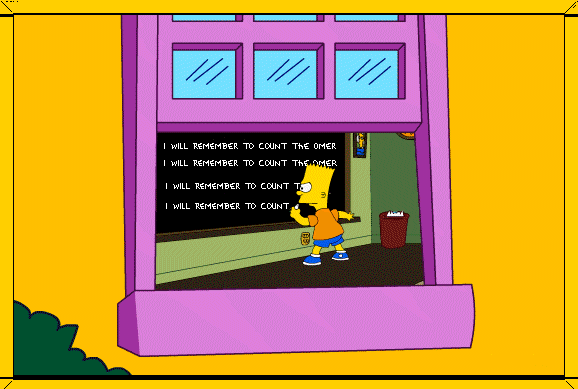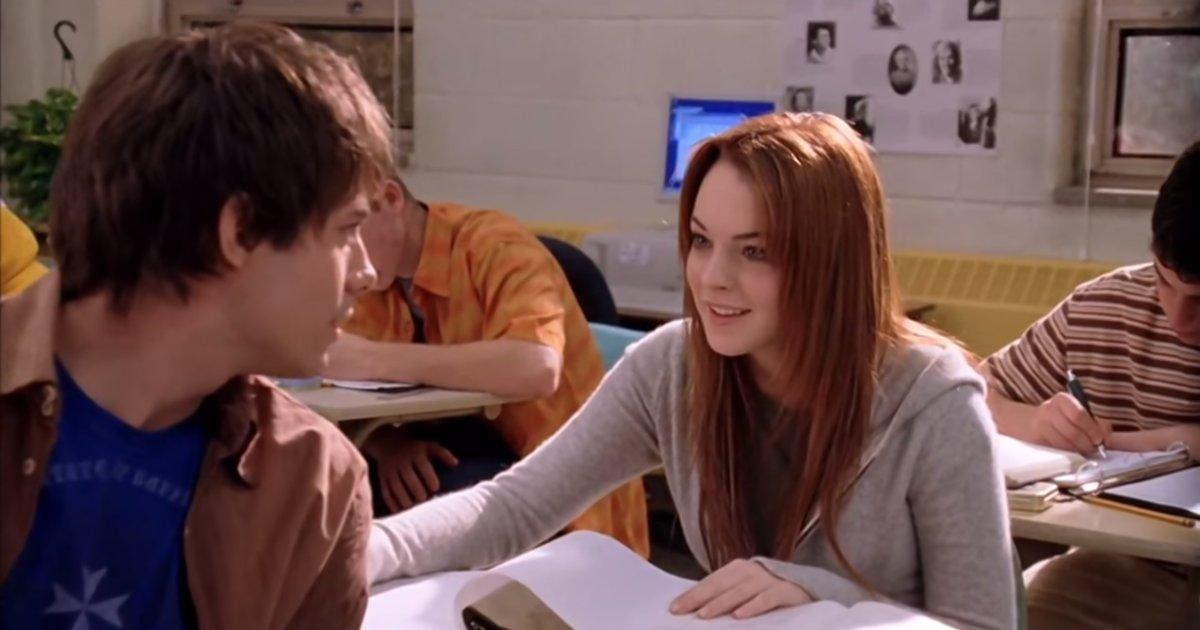Wednesday, February 9, 2022
Write On!: How to Write for Yourself
Labels: agent, david levithan, fiddler on the roof, holy temple, josh henkin, kabbalah, nabokov, write on, writing
Posted by matthue at 9:10 AM 0 comments
Monday, April 19, 2010
Where Are You At Sunset?
Three weeks into Sefirat HaOmer, and I don't want to ayin hara myself, but it's the first time that we've gotten this far.

I'm usually really good at doing it for myself, at completing this strange and obsessive ritual that us Jewish people have. Starting on the second night of Passover, and lasting until the first night of Shavuot exactly 50 days later, we count Omer. Omer used to be a measure of wheat that was brought to the Holy Temple in Jerusalem. These days, omer means a number. And that's basically it. On the first night we say "today is the first day of the omer," and on the second we say "today is the second day of the omer," and so on, up to and including Day 49. Usually, I say it during the evening prayers.
This year, though, I'm draggin' my wife along.
I don't mean this to sound sexist, although given the circumstances, it almost inevitably will: gung-ho religious-nut boy yanks his lady friend along with his particular brand of fundamentalism. But the reality is more like, in my wife's family, the men always counted omer and the women never really did. Until now. (Cue lightning striking.)
We've worked it into a little ritual for our family. Usually we count right at sunset, after we've put the baby to sleep. We'll have dinner (both of us! eating together! the same food! every night! for us, this is revolutionary). We'll hang out a bit, pack for our upcoming move (tomorrow, bli ayin hara), and watch the sun go down. And then as soon as it's dark, one of us will inevitably remind the other by running up to shim and saying, with no prelude, "Baruch!"
Baruch, of course, is the first word in most Hebrew blessings. Including the blessing over counting the omer.
There's a big rabbinical debate over counting omer. Not whether you're supposed to or not --more or less everyone agrees (a rarity, for Judaism) that the omer counts as a mitzvah, or a commandment. But is it one big mitzvah to count all 49 nights, or is counting each night a different mitzvah? The conclusion that the rabbis of the Talmud reached -- which, of course, is more of a compromise than a conclusion -- is that, if you remembered to count every night so far, then you should say a blessing. If you forgot, even for one day, then you can still count -- but you can't score with the blessing. (All of this, of course, is a way-simplified version of the more-or-less official account of how to count the omer on MJL.)
And that's also a roundabout way to say: We haven't forgotten yet. And we're still counting with a blessing.
Yes, it's a bit self-serving. But that's because I'm a little bit proud of us, and a little bit astounded at us, too. Wonder Twin powers, activate.
Image thanks to DWallach.
Labels: family-in-law, holy temple, jewish holidays, myjewishlearning, omer, wonder twins
Posted by matthue at 7:31 AM 0 comments
Thursday, February 25, 2010
Defending Punk
924 Gilman Street in Berkeley is a volunteer-run concert space that was famous in the '80s for hosting huge fights and riots, and famous in the '90s for introducing Green Day (among other folks) to the world. By the time I moved to San Francisco in 2001 (if you want to read the full story, it's here) it classified as a legitimate shrine to visit. A few weeks after I moved there, my friend Edie Sedgwick played a show there -- which was kind of like having one of your siblings be named High Priest of Judaism (or whatever religion you happen to be a member of), if only for one night.
I'm in an upcoming anthology about the space. Terena Scott, the editor of the anthology, just interviewed me for her site. Here's a snip:
How do you personally define punk?
I'm really bad at personally defining anything -- I just do what I do. But a lot of what I love is punk, and so that rubs off on the stuff I write and the person I am. So I guess that makes me punk?
Punk, I think, is anything that flies in the face of what you'd expect. Punk is yelling at the top of your lungs when you're expected to be quiet, and it's acting like a full-on gentleperson when everyone expects you to stage a riot...or the exact opposite.
But it's more than that, I guess. It's not just going against what people expect of you. It's really ignoring the idea of expectation itself and doing whatever you want or whatever you're feeling. I'm talking about art, mainly, although I think it still holds true with everything else.
READ THE REST >
Labels: edie sedgwick, gilman, holy temple, publishing industry, punk, san francisco
Posted by matthue at 5:48 AM 0 comments

















